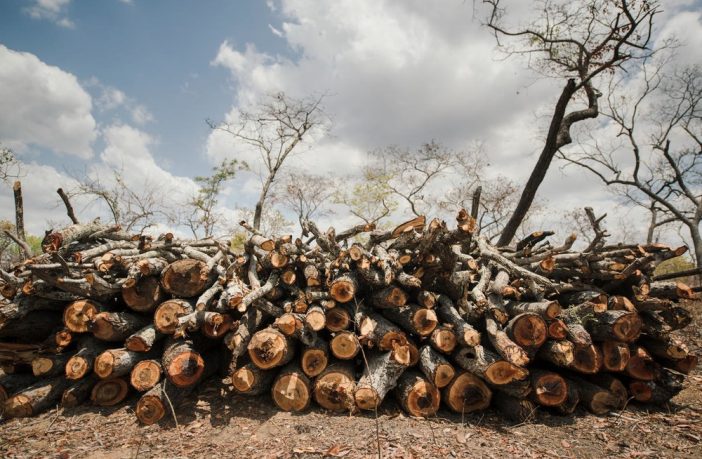- The Aga Khan Foundation and Mozambique’s Eduardo Mondlane University (UEM), will cooperate in the fields of agronomy and forestry in an effort to transform the Agrarian Institute of Bilibiza (IABil) into a centre of excellence.
A statement from the Aga Khan Foundation released this week, says that the collaboration between the two institutions aims to enable the Bilibiza Agrarian Institute (IABil) to contribute to the prosperity of small farmers by enhancing their capacity to manage and sustainably utilise natural resources.
Under the agreement, the Faculty of Agronomy and Forest Engineering (FAEF) will train small farmers and IABil teachers, and students from both institutions will also receive training through professional internships.
The agreement also foresees cooperation in areas such as the “development of laboratory capacity, environmental management and sustainable land and water use”, and conducting study visits in the work areas of both institutions.
The agreement further aims to train teachers, students and producers in areas of interest to the Aga Khan Foundation and FAEF, and foresees equipping the IABil phytosanitary clinic.
IABil is managed by the Aga Khan Foundation and has 413 students, of whom 149 are girls, and is located in Quissanga district, Cabo Delgado, one of the districts affected by the wave of armed violence waged by unknown groups since October 2017.
Author: GBA News Desk
Source: The Aga Khan Foundation











